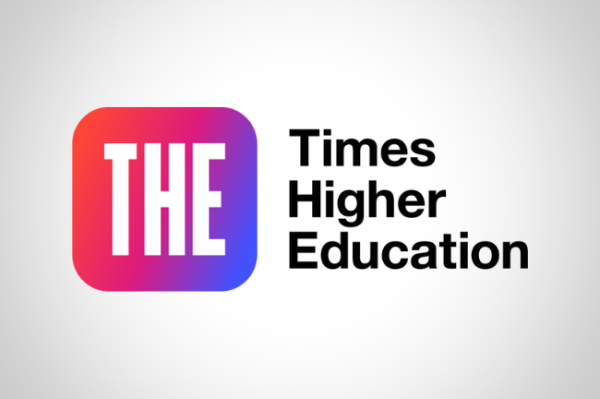You have /5 articles left.
Sign up for a free account or log in.
Dutch academics have expressed astonishment that a leading archaeology professor and her husband were allegedly able to create a “culture of fear” for more than 30 years, after a report described manipulation of faculty members and violations of academic integrity, including mishandling of human remains.
A 57-page report released by Leiden University found that the unnamed professor and her husband—subsequently named by local media as Caribbean archaeology expert Corinne Hofman and Menno Hoogland, also an academic—had abused their positions.
Among the alleged offences was the unauthorized extraction of human remains. An investigating committee heard from witnesses that, in one incident, after being denied permission by local authorities to sample human dental remains, Professor Hofman distracted staff in charge of a depot while Hoogland entered and secretly extracted the teeth from skeletons “in a violent manner.”
Other witnesses said that they had been subject to intimidation and inappropriate behavior by the couple, including being asked to share a bed with Professor Hofman during fieldwork and having toilet visits strictly regulated. These claims are in addition to numerous examples of everyday bullying within the department, including outbursts of anger, mocking others’ work and threatening to harm the careers of colleagues.
Both Professor Hofman—the 2014 winner of the Spinoza Prize, the Netherlands’ highest scientific award—and Hoogland, a former Leiden employee, told the committee that they were shocked by the claims made in witness statements and had no recollection of many of the alleged events. They said the account of removing the dental remnants from skeletons had been taken out of context and distorted.
Responding to this defense, investigators said the couple did not appear to understand the impact of “steep power differences and dependencies” frequently present in academia. They said that the academics had breached confidentiality throughout the investigation, including sharing witness statements externally. The university announced in April that it had started dismissal procedures against Professor Hofman.
That this “transgressive” behavior went on for so long, the report found, was partially because of a culture at the faculty of the “glorification” of those who secured significant research funding. Professor Hofman, they said, was seen as a “powerful researcher who brought in funding,” exacerbating the power imbalances across the department.
However, the professor’s academic integrity has also been called into question, with claims that she and her husband were “citation pushing”—coercing others into citing their own research papers—and disproportionately relying on others’ ideas in grant applications and research papers.
The committee criticized the broader organizational culture within the university’s archaeology faculty, pointing to numerous incidents of intimate relations between staff members, students and PhD candidates, and a failure to implement an effective way of addressing complaints.
Mark Dechesne, an associate professor in Leiden’s Faculty Governance and Global Affairs department, and a member of the university council, said that a sense of “academic stardom”—in which a handful of researchers take the lion’s share of funding—had contributed to a “sense of inequality” and “social unsafety”.
“It is remarkable that for a long time, signs seem to have been ignored, and the instruments in place to detect frustrations seem to not have been used to detect and discuss discontent,” he told Times Higher Education.
Professor Hofman and Hoogland were contacted for comment. In a statement from the couple’s lawyer shared with Dutch media, they said that it had “never been our intention to cross any boundaries” but they “deeply regret” that “in light of shifts in societal perspective, this has nevertheless been experienced as such.”
Annetje Ottow, president of Leiden’s executive board, said that the university “do[es] not tolerate such behaviour” but acknowledged that there were “lessons to be learned.”
“This is not only about an individual academic but also about the role of their environment: the faculty, the university and the sector,” she said.





